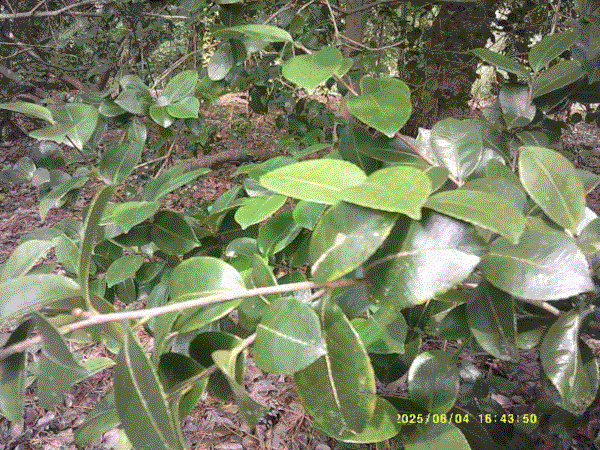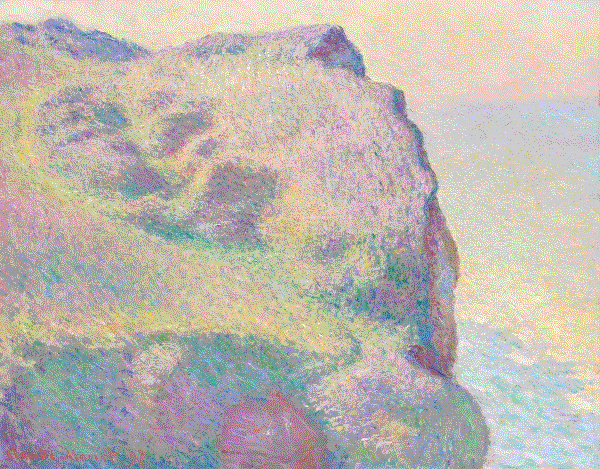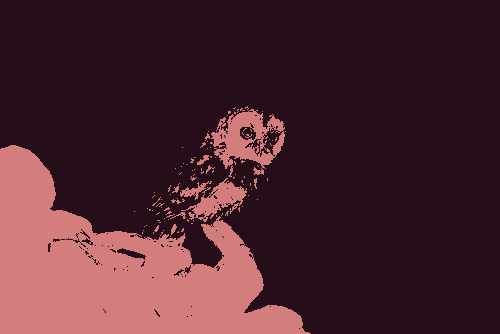21
I've recently taken to reading in the gardens while the weather is still bearable. I'm almost through with Krasznahorkai's The Melancholy of Resistance, and I can't tell whether it is the relentless writing or the coffee that makes me sick. The endless sentences and paragraphs remind me of Bernhard; the neurotic preaching reminds me of Naphta's nauseating rants in The Magic Mountain. People like to mention Sebald and Krasznahorkai in the same breath, but other than them being contemporaries and both fixated on all sorts of annihilation, detritus, and the end of the world, I struggle to see them in the same light.
Bugs crawl over the stone bench I sit on, which is covered with moss and darkened with age, looking bruised. I spy a tiny thing walking over my breast pocket. One of them bites me on the neck and for the rest of the week there's a red bloom on the place where the pendant of a choker would sit. Another one bites me on my right hand, in the snuffbox.
(Later that night I saw a beetle on my way home in the dark. It did not move a centimetre even when I brought my face close, only pulsed silently, its red carapace made it look like it was just biopsied from a living human.)
Upon moving into our summer dorm I had to do makeshift pest extermination. A
cockroach and a ladybug were squirming around on the carpet. The cockroach
was impossible to catch without outright killing: it could bear any amount
of pressure under my hands, and then scuttle away unharmed. (Michael
writes of them: They have been gifted by God an extraordinary
softness.
) The ladybug in comparison was utterly helpless.
Now that I write this it reminds me of the birds that Antarctic
explorers wrote about on their expeditions. They were astounded at their
boldness: for instance, the terns flying shipside had never seen humans
before. As such, they had not yet had the appropriate fear instilled into
them, and would go as far as to alight on the sailors' hats. When the men
stumbled ashore onto floes and icy shores, they saw much the same behaviour
from penguins. Their blank-slate naivete made them easy to kill for food.
(Like taking candy from a baby
/Like plucking a tern off your
hat
).
S gifted me a digital camera (among other things) on Tuesday. The photos it takes are beautiful in their unashamed shittiness and even the date clips behind some invisible border.

I lit twenty-one candles, dripping wax onto the cake. Before I was done the fire alarm above us started to wail, so I had to improvise a five-second birthday verse before blowing it all out in a hurry. Even twenty-one candles is a chore, so how much longer do you have before you have to resort to other kinds of counting? Try grouping them in threes, fours, fives. If you're a prime number years old, then I guess you'd just have to tank it.
Korea elected a new president on my birthday, and we all look forwards to him shirking the presidential curse (a long string of impeachments, imprisonments, suicides, assassinations).
Things that S does that I've never done before in my life:
- Sprinkle sugar on strawberries
- Regularly eat cereal for breakfast
- Undress to be comfortable
- Order takeout more than once a week
- Perform autopsies on mice
Last night was an interminable one with S. Became well-acquainted with the ceiling of our room and how the silvery dusk light of the window disappears moment by moment. It always feels good not being the first to fall asleep in the room, maybe your paleolithic self can rest assured that someone is awake to look out for you.
I wish for her to be nothing but happy. But it's hard for just one of us [to be happy]. So I take what I can get and stand vigil when I feel like I should.
E gave me fountain pen ink from France, Jacques Herbin Eclat de
Saphir
which reminds me of a deeper and more jewel-toned Iroshizuku
Kon-peki—but this comparison is cheating, because it's the only other
blue I've ever owned. I was thinking about the Mediterranean when I
bought this.
It's so blue it seems as if it is carved out of wax. She
said all sorts of beautiful things about art that night, feelings and
motivations that I once shared but had somehow lost in the wash a long time
ago. She said, I've never been unhappy for a moment [while I paint]
.
It was getting late but her red-tinged eyes still shone like nothing else
and in their light I felt ashamed. I walked home at around 1:30AM.
Of late I feel like I've become inarticulate, sometimes even transposing words, sometimes closing my eyes and leaning into a shameful pause, just on the verge of babbling. Similarly, I've been having dreams about losing my sight. In the beginning there is a fuzzy grayness at the centre of my vision, like scuff marks on glass, that eventually grows to obscure it in its entirety. I wake up in the middle of mourning. Paul Bereyter in The Emigrants was terrified of the same thing, and it drove him to his death. I know Monet primarily as the painter who went blind then came back to the world of the seeing.
At the Musee d'Orsay, E fell in love with this unassuming painting from Monet. The cliffside is barely rendered. It could be anything. It seems to be made of purples and greens but I don't trust his magic, not even for a second.

It was 3AM and I was washing my pen out in the sink. I rinsed out the chassis and converter and nib, again and again, but the ink that was previously there would not stop bleeding. It seemed to throw up the tinted water forever. All of a sudden it vomited blue ink into my palm like a colicky baby; it was an ink I no longer have the bottle to, from two years ago. Staring at it through bleary eyes, I wondered if I was dreaming, or going insane.
Later, in bed, I curled up beneath the blankets in fear that someone would break into the room and hurt me. Throughout the night and into the morning I heard knocking, footsteps, and speech (not at my door, but in the dorm hallway). Every noise seemed somehow malevolent, mocking, cruel.
I cut my hair over the wastebin, and pieces of it now litter the surface of torn papers, wrappings, tissues, etc like dark motes of mold. Dillard says that most of the dust in the air is sloughed-off human skin and pieces of car tires negligible to the human eye. She says that a stranger is a friend of another stranger on account of their strangeness on earth; if so, they make for a sorry group of friends.
My professor says that hair (keratin) is one of the longest-lived proteins produced by our body; like radioactive substances, the lifespans of proteins are measured in half-lives.
I am like a pelican of the wilderness: I am like an owl of the desert. (Psalm 102:6)
